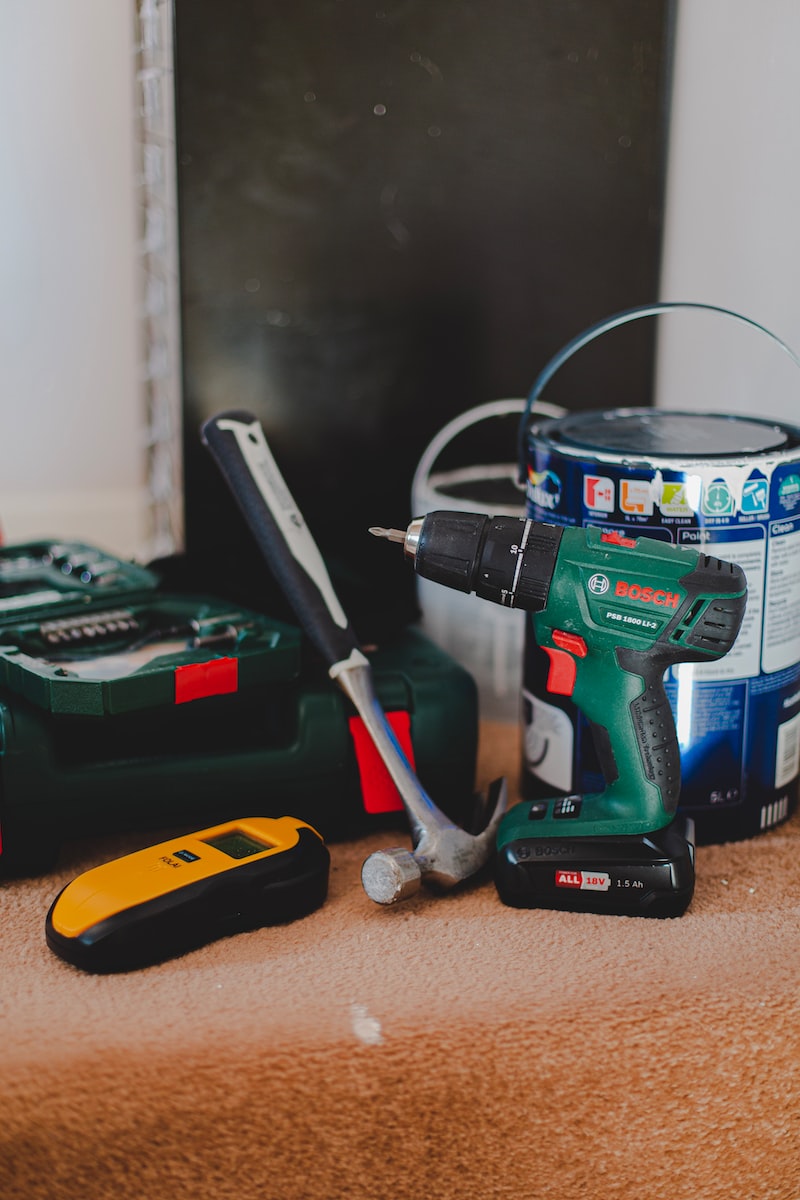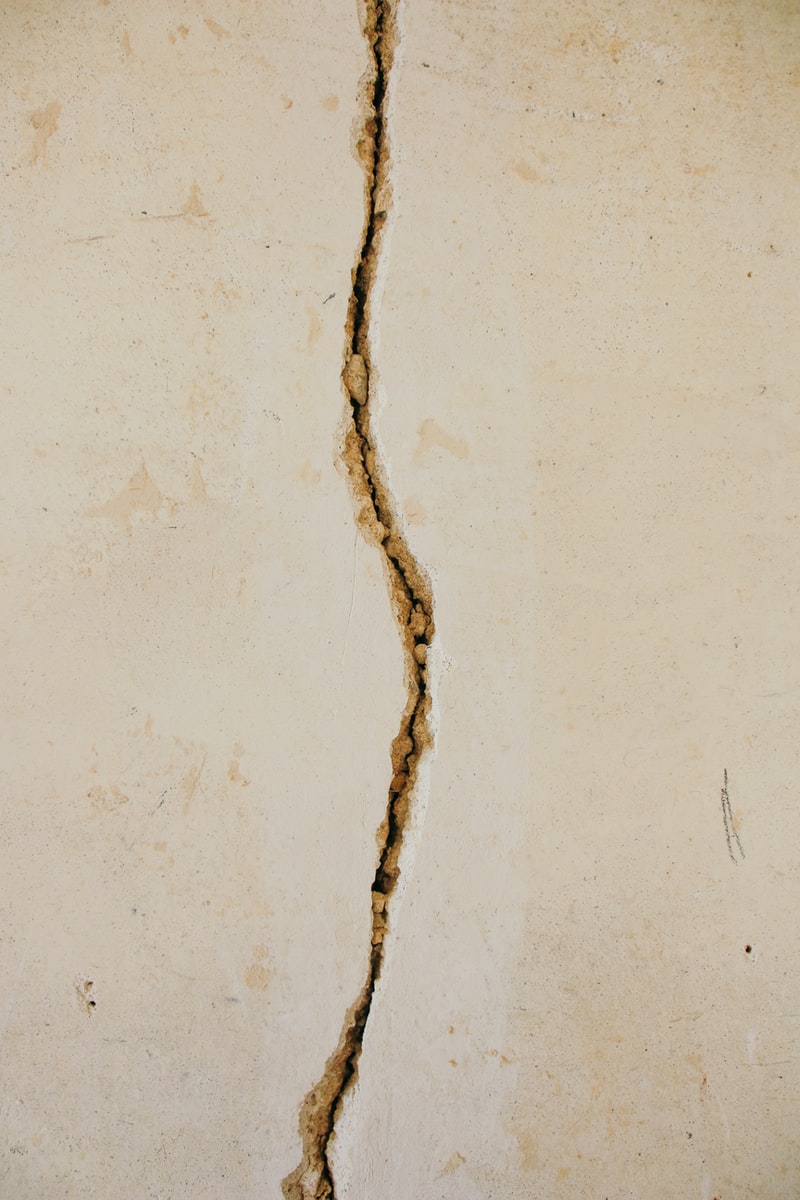DIY skills are incredibly useful ones to foster, particularly for first-time homeowners. With budgets tighter than ever, bringing your new home to your standards under your own steam becomes as necessary as it is gratifying. But if you’ve never picked up a tool before, what are some simple things you should understand about DIY?
Take It Slow
Anyone who has taken even a passing interest in DIY will know this compulsion well: the compulsion to get stuck in, and forge ahead to get the job done. While you may be excited to get started, and even more excited to move on to your next project, time is not your enemy. Indeed, as a relative newcomer, you should be taking your time all the more – not only to prevent unnecessary injury, but also to ensure you learn the right way first.
When embarking on a new project or learning a new skill, you should take the time to read any advice or follow instructions; in speeding through a task, you can underestimate it, and end up with sub-par results. In fact, sub-par results are almost guaranteed with a majority of your first attempts. Don’t let it get you down, though! All the more reason to keep at it.
Invest in Tools
Much is made of the popular saying “a poor workman blames their tools”, but, while there is a kernel of truth to the importance of skill over equipment, the quality of your tools can have a huge part to play. Cheap knock-off tools can blunt and break easily, and cheap power tools in particular can be woefully ineffective against significant tasks involving drilling into brickwork or masonry.

Some key early investments in high-quality equipment can save you a lot of headaches in the long run, and minimise your barriers to learning and progress. Investment in a set of Milwaukee power tools would ensure you could meet any task with reliable and high-quality equipment; likewise, a little extra investment in chisels and saws will see you get more mileage out of each without them growing blunt.
Start Small
Even with the right approach to your DIY projects, you should still endeavour to start with the smallest and simplest projects first. Without proper experience using your tools or engaging with certain materials, small mistakes can build and multiply – leading to poor outcomes. There are also a number of health and safety risks inherent to larger jobs, especially with DIY tasks surrounding plumbing or electricity.
Pick Your Battles
Speaking of which, another crucially important part of your DIY journey is to know when to stop. There are some jobs that simply shouldn’t be attempted alone, or without some form of expert on hand to assist you. While you may be keen to keep costs down or learn your own way, sometimes the risks are just too high. For anything structural, electrical or plumbing-related, you will be better seeking professional assistance.


